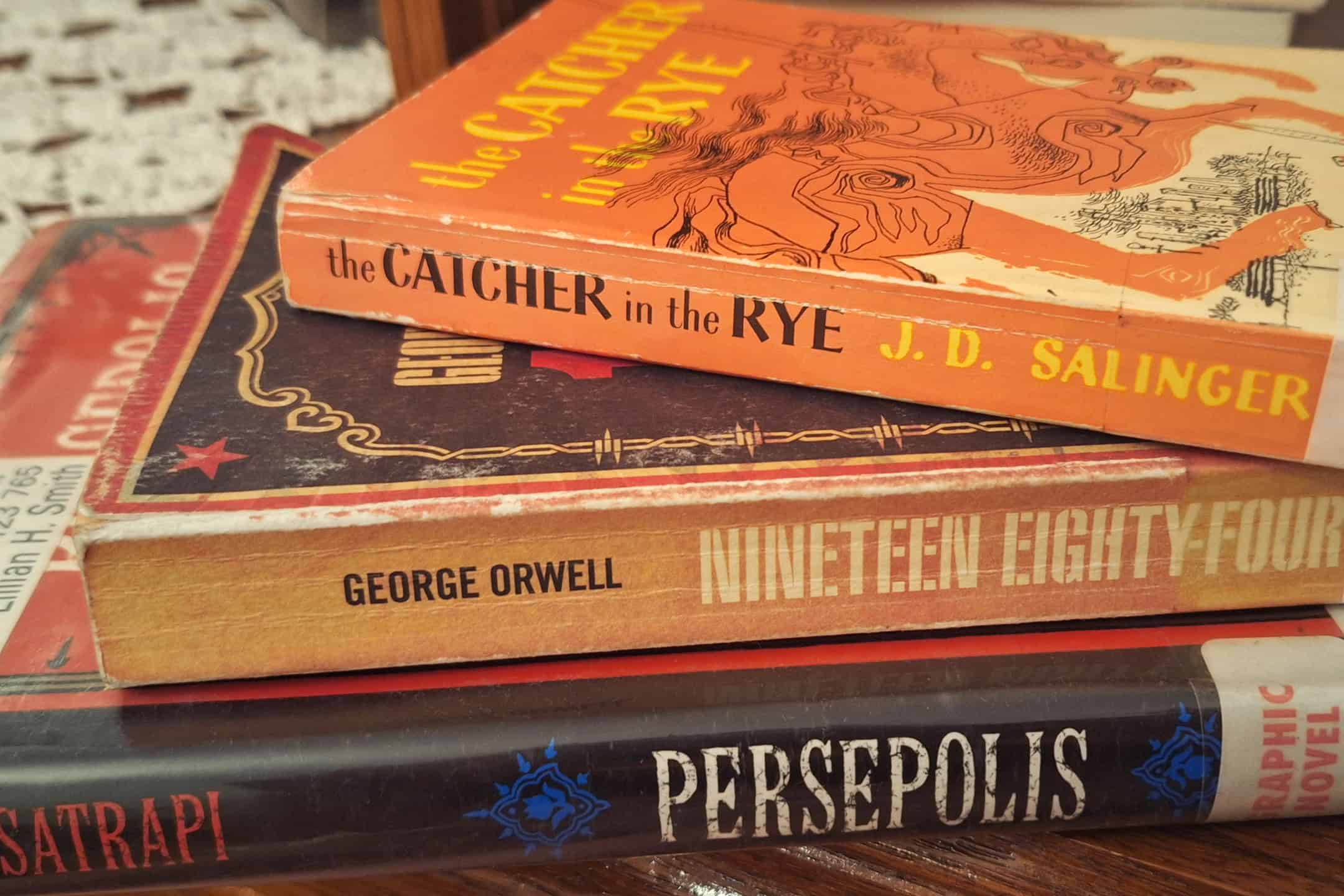As a university student, I vividly remember the books that shaped me during my younger years. Growing up attending a small school, I enjoyed the freedom to pursue these books without restriction, which expanded my horizons, providing important knowledge and necessary perspectives far beyond the school’s curriculum.
Therefore, the recent wave of book bans in the US concerns me. With a record 4,349 occasions of book bans across 23 American states in the second half of 2023, censorship unnecessarily prevents students from learning and forming their own opinions on crucial topics, and I am also compelled to consider the risks it poses to a neighbouring country like Canada. According to the Canadian Library Book Challenges Data, Canadian libraries reported 118 intellectual freedom challenges between 2022–2023, which is up by 55 per cent from the previous year. Most of these challenges involve books containing information about gender, racism, and sexuality. Some of the most banned titles in the US include Angie Thomas’s The Hate U Give, Maia Kobabe’s Gender Queer: A Memoir, John Green’s Looking for Alaska, and Toni Morrison’s The Bluest Eye: books that were challenged in Canada but never banned.
Many parents and politicians who support book banning claim they do so to protect children. While I believe parents should have a say in what their children choose to read, children should still be free to engage with books on what some claim to be sensitive issues. Under the guidance of parents, guardians or teachers, complex discussions over sex, sexuality, race, and political ideology can be demystified, and important lessons can be learned. Parenting your own children is one thing, but imposing your parenting rhetorics and biases on other people’s children is another.
Additionally, I believe that the people who have not read the banned books in question impose these book bans by relying on secondhand information from the internet, which often misrepresents the texts’ content. If one were to actually read these books, they would find that books that deal with “sexual content” actually concern identity, self-discovery, and expression, rather than explicit material and depictions of sex you might find in an adult romance novel like Fifty Shades of Grey — which I don’t believe should be banned either.
People often overlook the fact that there are real human experiences behind the books we read. Their nuances, from minor characters to complex protagonists to the worlds that they inhabit, all come from a place of deep vulnerability, authentic humanity, and truth. You may have noticed that the “banned books” section in your local library promotes awareness of challenged books. Familiar books like The Hunger Games, To Kill a Mockingbird, and The Perks of Being a Wallflower have all been banned in different countries at various points in time.
Libraries are supposed to represent respect for diverse ideas and are spaces where people seek knowledge and find inspiration. Conversations about books elevate our understanding and ensure our growing capacity for sensitive issues and ability to function more civilly. Choosing to close the door to the past by banning books shuts down opportunities for learning and growth.
I acknowledge that there are books written in the past that do not reflect the historical knowledge we have in the present. For example, The Adventures of Huckleberry Finn. Despite its anti-slavery message, Mark Twain’s portrayal of Black people and his use of the n-word relay harmful racial stereotypes that may often perpetuate racism rather than counter it. Yet, banning such classics means missing out on critical historical context and important discussions about progress and change.
I believe that every great story will find its own defense. Stories are not only powerful communicators, but also bring us comfort — expanding our knowledge and providing access to diverse perspectives.
No book should be banned. Everyone should have the opportunity to read and form their own opinions. Parents may fear their children encountering ideas they disagree with, but shielding them from such content does more harm than good. Instead, let us encourage open discussions, critical thinking, and allow young people to navigate the ideas with guidance rather than censorship.



No comments to display.